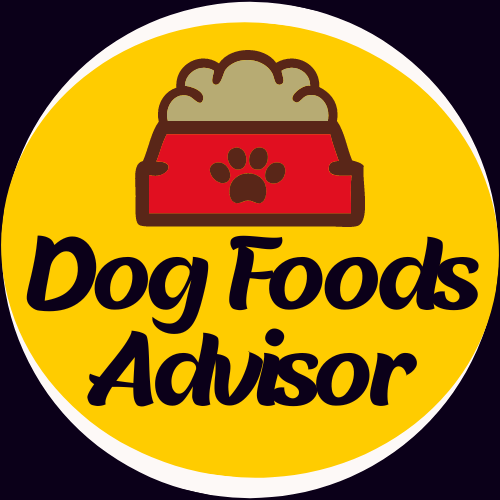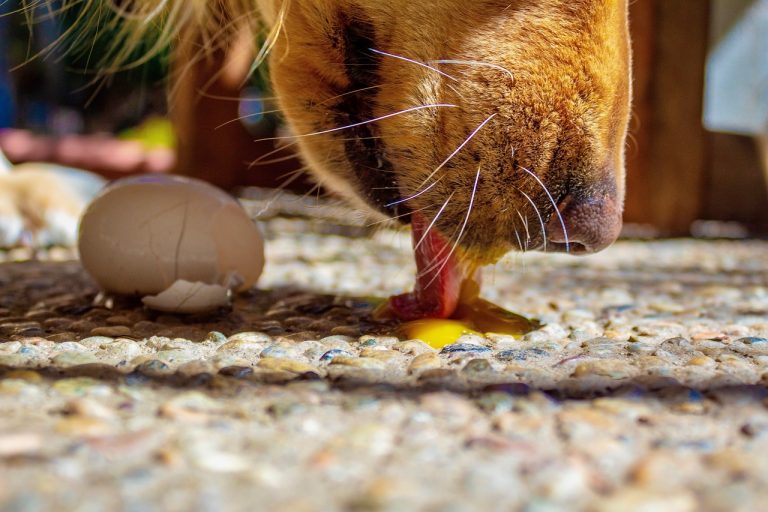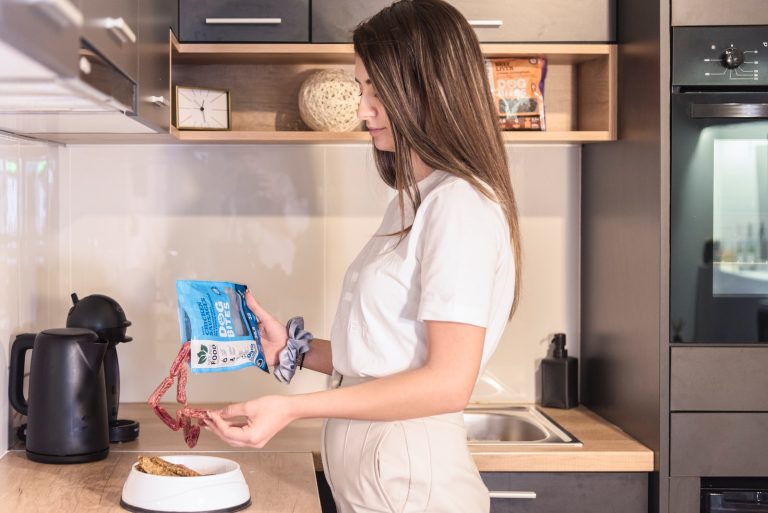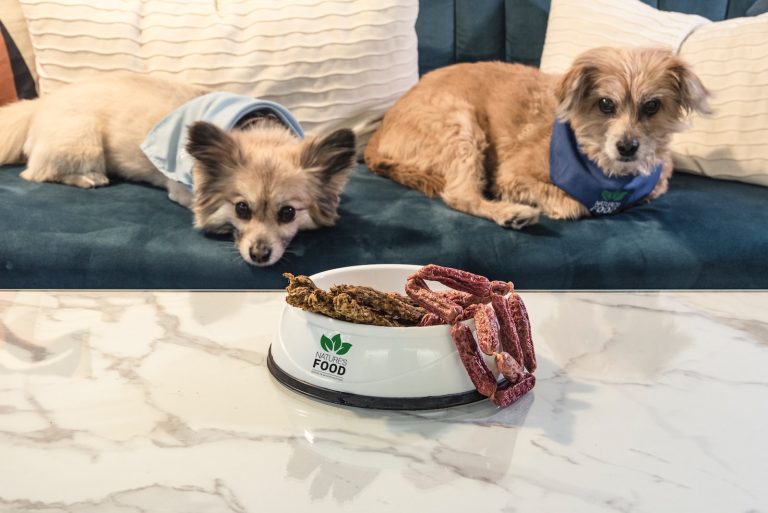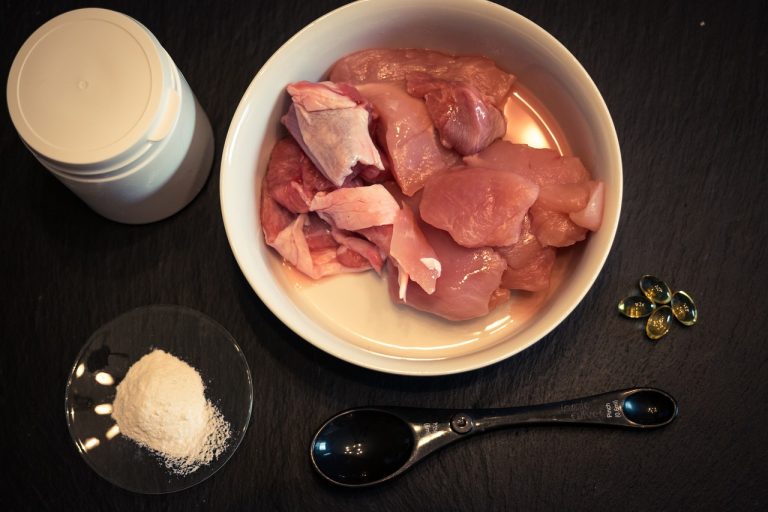What are the nutritional benefits of a raw food diet for dogs?
As pet owners, we all strive to provide the best possible nutrition for our furry friends. While there are dozens of options available on the market, have you ever considered raw food as a viable option for your pooch? Raw diets offer an abundance of nutritional benefits that traditional kibble simply can’t match.
Not only does it promote better digestion and improved immune function, but it’s also rich in essential amino acids and healthy fats – making it an excellent choice for dogs of all breeds and ages! In this blog post, we’ll delve into the world of raw dog food – exploring its many benefits while debunking some common myths along the way!
Table of Contents
- What is a raw food diet?
- Nutritional benefits
- Risks associated with feeding
- Kinds of food can be used as part of a raw food diet
- How often should a dog on a raw food diet be fed?
What is a raw food diet?
If you’re looking to provide your dog with optimal nutrition, a raw food diet may be the best option. Here’s what you need to know about this type of feeding plan.
A raw food diet does not include any processed foods or cooked animal by-products. Dogs that eat a raw food diet typically consume fresh, ground meat, fresh vegetables and fruits, and water.Raw food diets are low in carbohydrates and high in fiber, antioxidants, vitamins and minerals. These diets can improve gut health and promote a healthy skin and coat.
Raw food diets are also high in animal protein, which is important for dogs who suffer from renal disease or other health issues that can be aggravated by malnutrition. Protein provides essential amino acids needed to build muscle mass and support the body’s systems. Raw food diets also contain significant amounts of omega-3 fatty acids, which are good for dogs’ coats and overall health.
Nutritional benefits
A raw food diet for dogs is one of the best options for providing them with the nutrients they need to stay healthy. A raw food diet consists of dog-safe, animal-based proteins and vegetables, which are not processed in any way. This type of diet can provide your dog with all the vitamins, minerals, enzymes, and other nutrients it needs to stay healthy and energetic.
One of the main benefits of feeding a raw food diet to your dog is that it helps promote a healthy gut flora. A balanced gut flora is essential for overall good health and can help keep your dog from developing numerous health problems including allergies and autoimmune disorders. Feeding a raw food diet also helps increase your dog’s intake of important antioxidants and dietary fibers which can help promote overall digestive health.
By feeding your dog a raw food diet you are ensuring that they are getting the most vital nutrients needed to stay healthy both mentally and physically.
Risks associated with feeding
There are a few potential risks associated with feeding a raw food diet to dogs. The first is the risk of food-borne illness. Raw meat can harbor bacteria that can be harmful to your pet. Make sure to cook your dog’s meals thoroughly and wash his food and dishes well to avoid any chances of infection.
Another potential risk is supplemental nutritional deficiencies. A raw food diet is not balanced and may lack important nutrients your dog needs. Make sure you have a good quality basic dog food formulated specifically fordigestion by dogs, and supplement with appropriate vitamins and minerals as needed.
Finally, make sure to keep an eye on your dog while he’s eating a raw food diet. Some dogs may get sick from ingesting large chunks of raw meat, so make sure to feed him small bites or smoothies instead if possible.
Kinds of food can be used as part of a raw food diet
A raw food diet for dogs can be a great way to provide them with the nutrients they need and help reduce their odds of developing certain health problems. Raw food diets are high in vitamins, minerals, and antioxidants, making them an excellent choice for groups of dogs who suffer from gastrointestinal issues or are active dogs that require plenty of fuel to keep them going.
Some types of raw foods that can be fed to dogs include: fresh fruits and vegetables, smoothies and juices, meats, bones and other hard foods, eggs shells and cartilage. It is important to check with your veterinarian before starting a dog on a raw food diet, as some foods may not be safe for them to consume.
How often should a dog on a raw food diet be fed?
There is no one right answer to this question, as it depends on your dog’s particular health and diet needs. However, most experts believe that a raw food diet should be fed at least two times per day. Some dogs may need more, while others may only need a small handful of meals each day. Again, it’s important to consult with a qualified veterinarian or Raw Feeder before making any changes to your pet’s diet.
One of the most frequently asked questions about raw food diets for dogs is “How often should a dog be fed?” Unfortunately, there is no one answer to this question. It depends on the size and age of the dog, their activity level, and the type of raw food they are eating.
Typically, small dogs will need to eat more often than large dogs, and older dogs will need to eat more often than younger dogs. puppies usually have higher energy needs and should be fed more frequently than adult dogs.
If you are not sure how much your dog is eating or if they seem hungry but don’t seem to be eating enough, it is important to weigh them regularly so that you can adjust their feeding schedule accordingly. Generally speaking, it is recommended that a dog consume around 20% of their weight in pounds as feed per day.
For example, a 70-pound dog would need to consume around 7 pounds of feed per day. If your dog does not seem content after eating their allotted amount of feed or if they vomit after meals (indicating that they may be overfed), then you may need to reduce their feeding schedule slightly.
Conclusion
If you’re looking to give your dog a healthier diet, a raw food diet is an excellent option. Not only are they high in nutrients and vitamins, but they also lack the harmful chemicals and by-products that processed foods contain. Additionally, feeding your dog a raw food diet will help to prevent various health problems such as obesity, tooth decay, allergies and more. If you’re interested in giving your pet a raw food diet, now is the time to start considering it!
